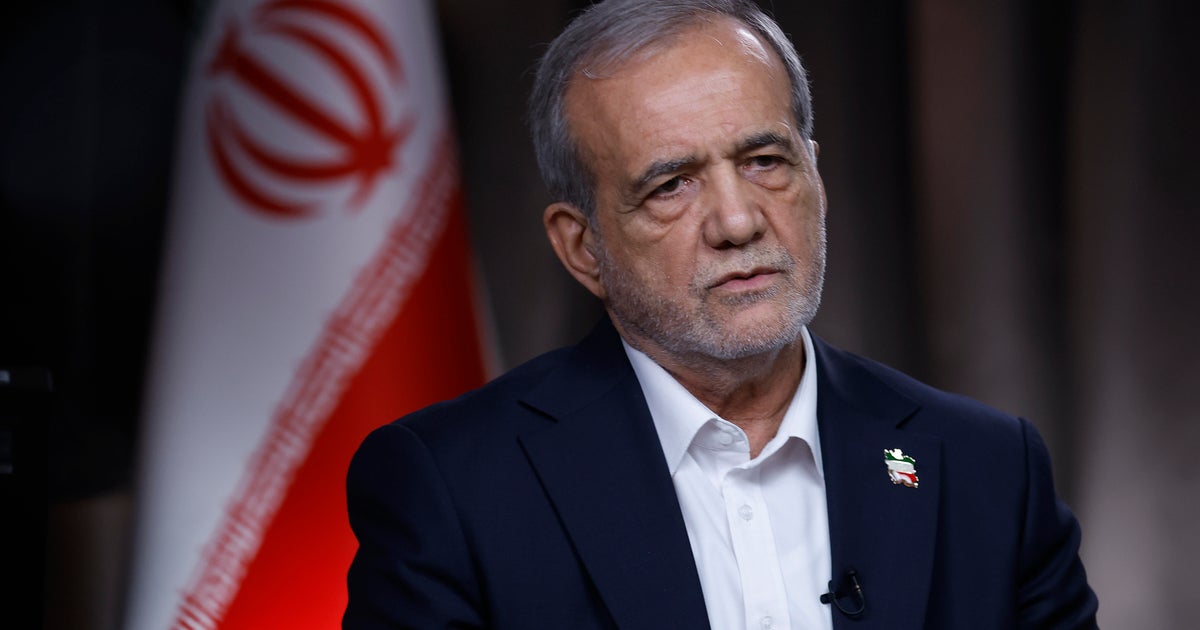
The United Nations has imposed a new round of sanctions on Iran, further tightening the screws on the Islamic Republic as its citizens grapple with soaring prices for basic necessities and an uncertain future. The sanctions were enacted early Sunday through a mechanism known as “snapback,” a provision embedded in Iran’s 2015 nuclear deal with world powers. This decision comes at a time when Iran’s economy is already under significant strain, with its currency, the rial, plummeting to record lows.
These newly reinstated sanctions will freeze Iranian assets held abroad, prohibit arms transactions with Tehran, and penalize any advancements in Iran’s ballistic missile program, among other punitive measures. Amidst these developments, the Iranian populace is increasingly facing challenges in affording essential food items such as meat, rice, and other staples critical to their daily lives.
Heightened concerns over potential military confrontations involving Iran and Israel, and possibly the U.S., loom large as missile sites targeted in a recent conflict appear to be under reconstruction. Activists warn of an alarming trend of repression within Iran, as reports indicate that the government has executed more individuals in 2025 than in the previous three decades combined.
Sina, a father of a 12-year-old boy who requested to remain anonymous due to fears of government retribution, expressed the dire circumstances faced by the country. He reflected on the unprecedented challenges of the current times, stating, “For as long as I can remember, we’ve been struggling with economic hardship, and every year it’s worse than the last. For my generation, it’s always either too late or too early — our dreams are slipping away.”
The snapback mechanism, designed to be impervious to vetoes by the U.N. Security Council, effectively prevents countries like China and Russia from blocking such actions against Iran. Russian Foreign Minister Sergey Lavrov criticized the sanctions, labeling them a “trap” for Iran. The snapback was triggered by France, Germany, and the United Kingdom due to Iran’s further restrictions on monitoring its nuclear program and the stalemate in negotiations with the U.S.
In the wake of increased tensions following Israel’s military actions against Iran in June, Tehran has further withdrawn from the International Atomic Energy Agency’s monitoring efforts. Iran currently possesses a stockpile of uranium enriched to 60% purity, a mere technical step away from weapons-grade levels capable of producing multiple nuclear warheads, should the regime choose to pursue that path.
While Iran maintains that its nuclear program is purely peaceful, Western nations and the IAEA contend that Iran had a structured weapons program until 2003. The three European nations involved in triggering the snapback have stated they made every effort to avoid this situation but felt compelled to act after Iran refused to allow IAEA inspectors access to its nuclear facilities or provide an accounting of its enriched uranium stockpile.
Tehran has countered that the European nations should not be permitted to implement snapback, citing the U.S.’s unilateral withdrawal from the nuclear deal in 2018 under President Trump as a significant factor. U.S. Secretary of State Marco Rubio lauded the actions taken by the European nations as a demonstration of “decisive global leadership,” asserting that “diplomacy is still an option,” provided Iran agrees to engage in direct talks.
The precise response from Tehran to the sanctions remains uncertain. Experts warn that the U.S. might be overestimating its position following military strikes, believing it can compel Iran to return to the negotiating table. Kelsey Davenport, a nuclear expert at the Arms Control Association, cautioned that this assumption could be perilous, given Iran’s existing knowledge and resources.
The aftermath of the June conflict has exacerbated food price inflation in Iran, making staple items unaffordable for many families. Official reports indicated that annual inflation reached 34.5% in June, with essential food prices surging over 50% during the same period. The costs of basic goods have skyrocketed in recent months, with pinto beans tripling in price, butter nearly doubling, and rice increasing by more than 80% on average.
Sima Taghavi, a mother of two, shared her frustrations at a grocery store in Tehran, stating, “Every day I see new higher prices for cheese, milk, and butter. I cannot omit them like fruits and meat from my grocery list because my kids are too young to be deprived.”
The combination of economic stress and fears of renewed conflict has led to a noticeable rise in mental health issues within the Iranian population. Local media have reported an increase in patients seeking psychological help since June, with Dr. Sima Ferdowsi, a clinical psychologist, noting, “The psychological pressure from the 12-day war on the one hand, and runaway inflation and price hikes on the other, has left society exhausted and unmotivated.”
In recent years, Iran has witnessed widespread protests fueled by economic grievances, demands for women’s rights, and calls for political change. In response to both the protests and the June conflict, the Iranian government has intensified its crackdown, executing prisoners at a pace not seen since the late 1980s. The Oslo-based group Iran Human Rights and the Washington-based Abdorrahman Boroumand Center for Human Rights in Iran reported over 1,000 executions in 2025, although the actual number may be even higher as the government does not disclose each execution.


